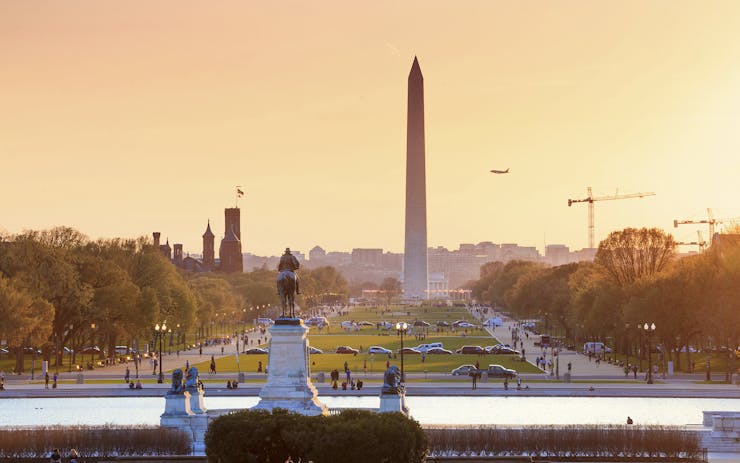The District of Columbia Council will vote Tuesday morning on an omnibus medical marijuana proposal that would bring changes to the fledging and often-criticized MMJ program in the nation’s capital. The Medical Marijuana Reciprocity Amendment Act of 2015, introduced last year by Councilmember Yvette Alexander, would allow patients to finally patronize more than one dispensary in the District. The Act would also eliminate the cap on the number of plants cultivators can grow.
Current law forces a patient to sign up to obtain their medicine at only one dispensary. Once committed, that patient is essentially locked into their choice.
DC patients may finally be able to patronize more than one dispensary.
Lifting the single-dispensary provision would allow patients to shop based on quality and price. Adoption of the Act would be the first major revision in DC’s MMJ system since it first began in 2013. If approved, the Act will go onto D.C. Mayor Muriel Bowser for signing, and finally to Congress for a mandatory month-long wait.
Passing the Act on Tuesday could send a signal that Washington DC will continue to move forward on cannabis legal reform, despite continued opposition from Congress. In September, Mayor Bowser made an announcement that District patients can increase their medical allowance from two ounces to four ounces every 30 days.
In addition, the Washington DC Department of Health, the agency in charge of the District’s medical marijuana program, recently announced that it will be creating a separate division within the agency “devoted to advancing science, technology and innovation in the fast-paced field of medical marijuana.”
Not everyone is impressed, though.
“While it’s great we can get more medicine, the prices still put medicine out of reach for the average person here,” says Joe Tierney. Also known as The Gentleman Toker, Tierney is a local DC expert on the subject. Many cannabis consumers are trying to do the right thing and buy legal medicine, but at $400-$700 an ounce, it’s just cheaper to buy it on the black market. To put that price in context, cannabis ounces in Colorado and Washington State sell for about half as much, around $200 – $350.
Voters in the District legalized adult-use cannabis back in 2014, of course. But because Congress exerts inordinate control over the DC government, District officials can’t use federal funds to begin creating the internal structures needed to create a taxation and point-of-sale program like Colorado and Washington state already have in place. So a wider customer base and larger industry—which would presumably bring prices down—hasn’t yet been established.
Mayor Bowser’s strong stand on medical marijuana resonates with a majority of Washingtonians, who are also looking forward to voting on a DC ballot initiative on November 8th that would give the District the authority to create a state constitution – and eventually reach for statehood.
“Taxation without representation” is the local battle cry for residents of the District who pay their fair share of taxes, yet are not represented with a vote in Congress. It’s part-and-parcel of what some say is the privilege of hosting America’s most politically elite buildings and international embassies. The slogan is so popular that it’s even on D.C.’s license plates. If this ballot initiative passes, they would be a huge step closer to becoming the legalized state of ‘New Columbia.’




